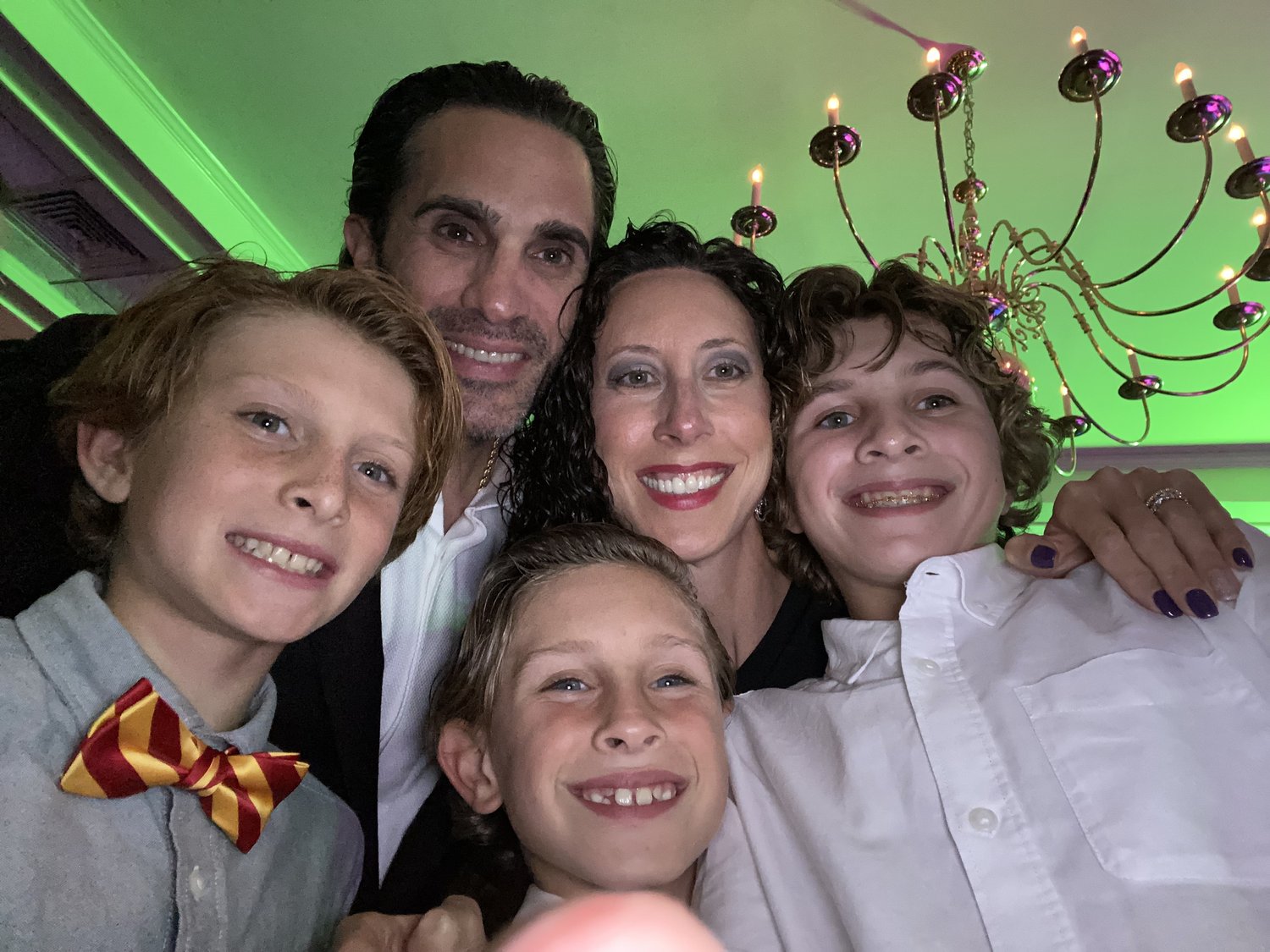What it feels like to have a successful VBAC
https://www.babycenter.com/pregnancy/hear-from-moms/what-it-feels-like-to-have-a-successful-vbac_40005964
Because I was born in an operating room, my mom had no choice for her future deliveries. Vaginal birth after cesarean, VBAC, was not an option.
Three decades after my mom was forced to give birth to me by emergency c-section delivery, an event she found traumatic, I found myself in a similar situation. My first son's birth had been a beautiful, uncomplicated, vaginal birth. As delivery day for my second son approached, I imagined it all going the same way. But that's not what happened.
Just as I began pushing, the doctors became concerned about my baby’s positioning, and abruptly wheeled me into the operating room for an emergency c-section. Thankfully my son emerged safely, but the whole experience was overwhelming and scary as I was forced to give doctors total control of my body in order to deliver my baby.
Two years later I was pregnant again and, unlike my mom, I had options. While it would have been an easy choice to schedule the c-section and pick my baby’s birth date, I was reluctant to have another operation. I desperately wanted to try for a VBAC.
I really wanted to avoid surgery, but I also wanted to avoid what felt to me like an extended postpartum recovery period. After my natural birth, I was back to my pre-pregnancy weight quickly. Despite some bruising of my lady parts, I regained strength and felt like my former self within a few short weeks. I even felt sexy: Not only could I fit into my clothes, but my newly swelling breasts filled out my shirts better than ever before.
There had been nothing sexy about recovering from my emergency c-section. The near-constant abdominal pain inhibited exercise and made it difficult to return to my previous active lifestyle. The sore incision made it tough to get in and out of bed or just to sit down comfortably in a chair. The abdominal bloating lasted for weeks, and I couldn't fit into my pre-pregnancy clothes for months. Probably hardest of all, the emotional healing took even longer, because I had a constant reminder of my trauma each time I pulled down my pants and saw the abdominal scar.
The third time around, at my first prenatal appointment, I told my OB I wanted a VBAC. She was very supportive of my choice. Since I'd had a successful vaginal birth with my first delivery, my body was fully capable of giving birth again, making me a perfect VBAC candidate. The emergency c-section with my second son was ordered only because of his positioning. Therefore, my practitioner felt it would be safe for me to continue with my birthing plan, barring any further complications.
Throughout the months of my third pregnancy, each doctor in the practice encouraged me to follow through with my intentions for a VBAC, but they also educated me about the risks. For example, there is a chance, although minimal, of uterine rupture. When there is a healed incision on the uterus from a cesarean delivery, the contractions and pushing during a vaginal delivery can make the uterus more susceptible to rupture. The percentage of women who experience this trauma is extremely low, and my doctors reassured me I'd be monitored closely throughout the entire labor and delivery to make sure that my baby and I were safe.
They provided me with literature about the risks and I was required to sign a document stating my intentions for a VBAC. I made sure to review everything well in advance of my due date, because I didn't want my emotions in the final stages of labor to cloud my judgment and hinder the desires I had been voicing throughout the entire pregnancy.
When my water broke three weeks earlier than my anticipated due date, my wish to have a VBAC was suddenly clearer than ever. Despite the angst I had about the risks involved, my decision never wavered, and I made sure to tell each nurse and doctor in triage about my intentions. As a result, they seemed to pay even closer attention to me; it seemed as if someone was constantly in the room scrutinizing every heartbeat – mine and my baby’s – as well as every one of my contractions, to ensure that I was safe.
They started me on a Pitocin drip to speed up the contractions, but were careful to use only a minimal amount so the contractions wouldn't come on too strong and possibly provoke a rupture. Eventually I was fully dilated and delivered my third son after only two pushes.
The entire delivery was a cathartic event for me. The residual angst surrounding my emergency c-section was erased by this third positive, uncomplicated experience. While my second labor had left me feeling helpless on the operating table, the VBAC allowed me to regain control of my body in the delivery room.
It was empowering to have my birth plan come to fruition. While a VBAC may not be suitable for every mom who has experienced a cesarean, it's important to know that it's a safe option for some. It was the right option for me, and for that I'm thankful.


